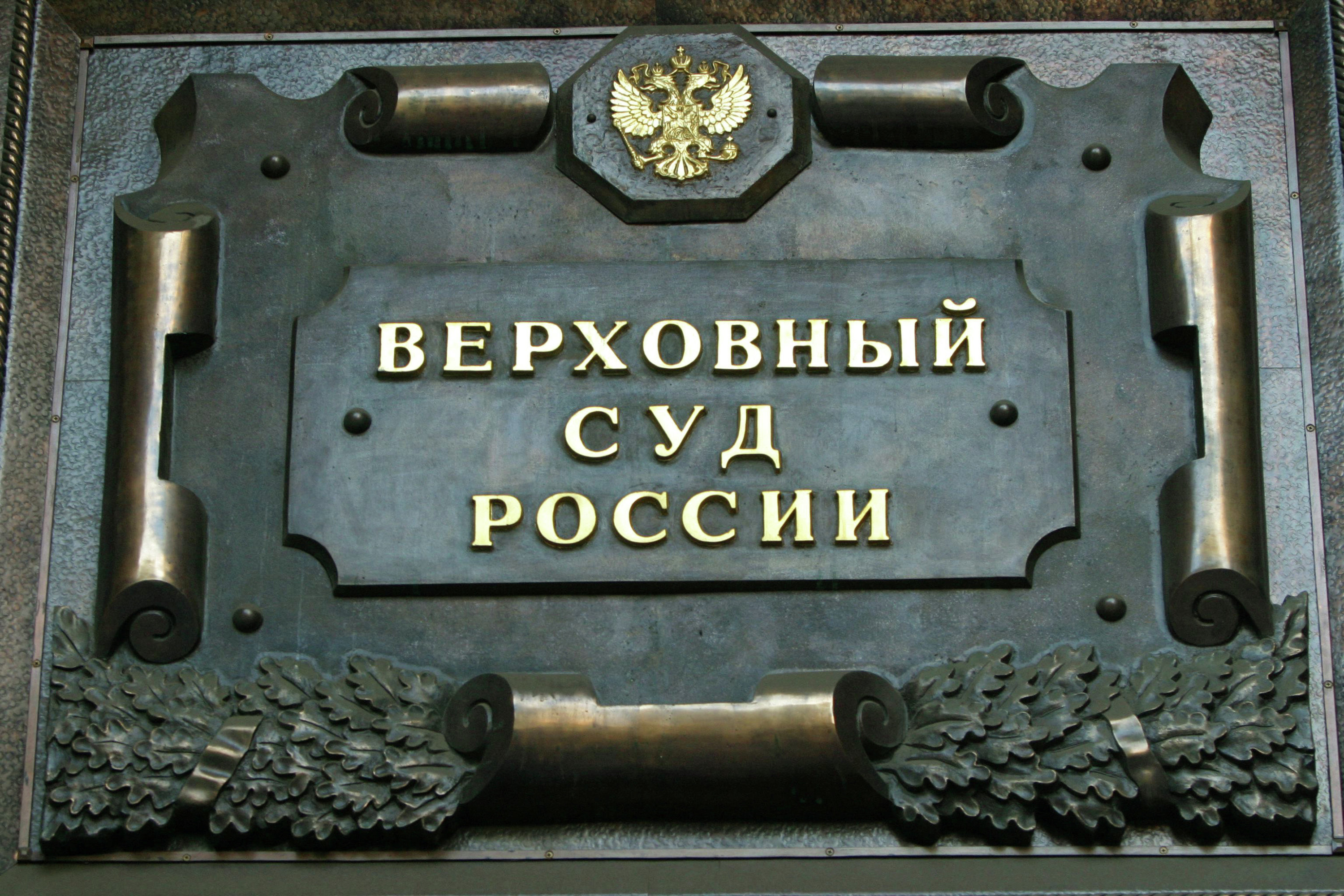MOSCOW, September 26 (RAPSI, Maria Petrova) – Russian Human Rights Commissioner Vladimir Lukin has filed an appeal with the Supreme Court challenging an order requiring jailed former tycoons Mikhail Khodorkovsky and Platon Lebedev to reimburse Yukos' tax arrears to the State.
The appeal has been filed with the Russian Supreme Court, Khodorkovsky's advocacy website reported on Tuesday.
The YUKOS case has been one of the most high-profile in Russia in recent years. In the early 2000s, Russian authorities accused YUKOS executives of embezzlement and tax evasion. In 2010, a Moscow district court sentenced Khodorkovsky and Lebedev to 14 years in prison for oil theft and money laundering. They were expected to be released in 2017, taking into account the time that they had already served for their convictions from their first trial in 2005. However, on May 24, 2011, the Moscow City Court reduced their sentences by one year. They now may be released in 2016.
Khodorkovsky is currently serving out his prison sentence in a Karelia Region penal colony. Lebedev is presently serving out his own in the Yamalo-Nenets region of Russia's western Siberia.
Both men filed several applications with the European Court of Human Rights (ECHR) claiming violation of their rights during pre-trial detention and proceedings in national court.
The ECHR held last July that the charges filed against the jailed former tycoons were brought in accordance with the law, but that their rights had been violated in connection with the court proceedings and their placement in remote Siberian penal colonies.
They both further argued that they were subjected to a novel and unpredictable interpretation of the tax law, raising the Convention's prohibition on punishment without law. The ECHR disagreed on this point, explaining that the application of the tax law to convict the men had been reasonable and had corresponded to common sense.
Khodorkovsky further raised his rights to the protection of property based on having been ordered to reimburse 17 million rubles (over $53,000) to the State. On that point the ECHR agreed.



